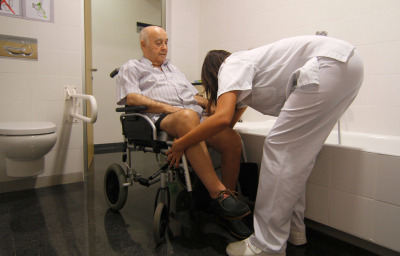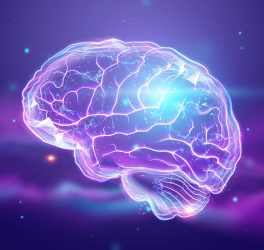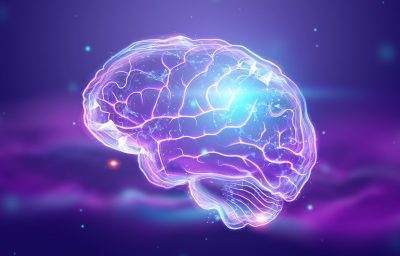
Women with autism are more likely experience depression and anxiety during pregnancy, according to a new British study.
In the study, led by researchers at the Autism Research Centre, 524 non-autistic people and 417 autistic people completed an online survey about their experience of pregnancy. Anyone who was pregnant at the time of responding or had previously given birth was eligible to take part.
The study revealed that autistic parents were around three times more likely than non-autistic parents to report having experienced prenatal depression (9% of non-autistic parents and 24% of autistic parents) and anxiety (14% of non-autistic parents and 48% of autistic parents).
Autistic respondents also experienced lower satisfaction with pregnancy healthcare. Autistic respondents were less likely to trust professionals, feel that professionals took their questions and concerns seriously, feel that professionals treated them respectfully, and be satisfied with how information was presented to them in appointments. Furthermore, autistic respondents were more likely to experience sensory issues during pregnancy and more likely to feel overwhelmed by the sensory environment of prenatal appointments.
Dr Sarah Hampton, lead researcher on the study, said: “This study suggests that autistic people are more vulnerable to mental health difficulties during pregnancy. It is imperative that effective mental health screening and support is available for autistic people during pregnancy.”
Dr Rosie Holt, a member of the research team, added: “The results also suggest that autistic people may benefit from accommodations to prenatal healthcare. These may include adjustments to the sensory environment of healthcare settings, as well as adjustments to how information is communicated during prenatal appointments.”
Dr Carrie Allison, Deputy Director of the Autism Research Centre and a member of the team, said: “We are grateful to members of the autistic community for providing feedback when we designed this research. It is vital that autistic people with lived experience help shape the research we do, and we keep their priorities as a clear focus.”
Professor Simon Baron-Cohen, Director of the Autism Research Centre and a member of the research team, said: “It is important that more research is conducted looking at the experiences of autistic new parents, who have been neglected in research. It is also important that this research is translated into health and social care policy and practice to ensure these parents receive the support and adaptations they need in a timely manner.”








